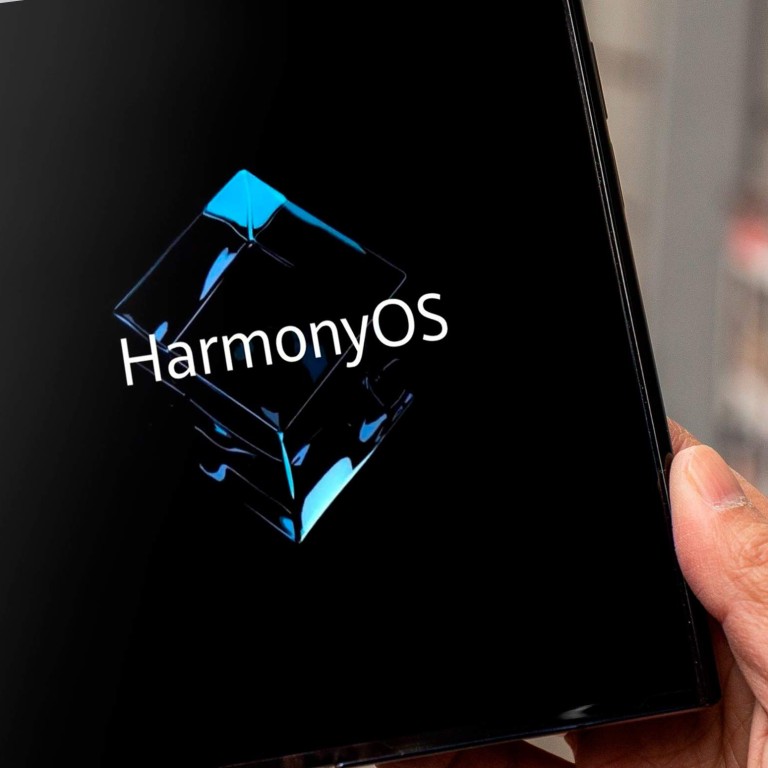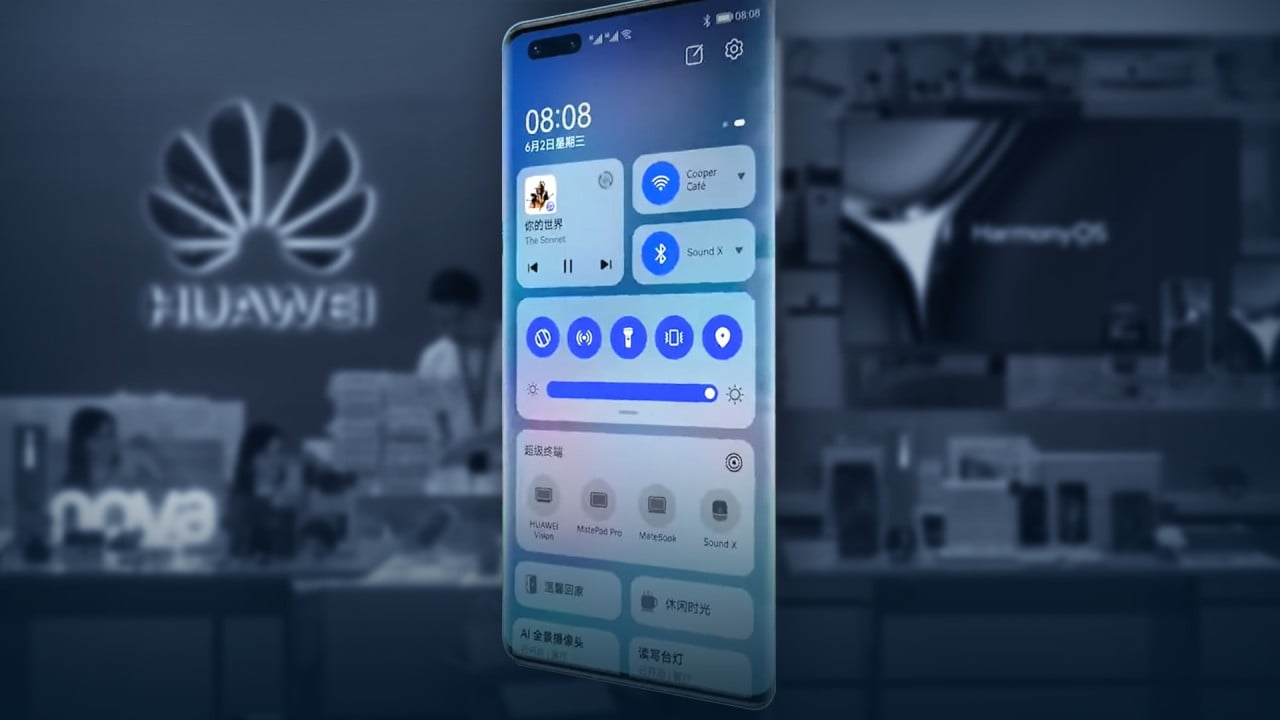
Alibaba develops native DingTalk app for HarmonyOS, as Huawei aims to end support for Android apps
- DingTalk, Alibaba’s office communication tool, will create a HarmonyOS version of its app in collaboration with Huawei
- Huawei plans to remove support for Android apps in the next iteration of HarmonyOS, set to be launched next year
Alibaba Group Holding is developing a new version of its workplace collaboration app that is compatible with Huawei Technologies’ HarmonyOS platform, as the US-sanctioned telecoms equipment giant seeks wider adoption of its home-grown operating system and moves to cut dependence on Google’s Android.
DingTalk, one of four business pillars newly tasked with spearheading Alibaba’s future growth, will also collaborate with Huawei in industrial innovation, technology application and business development, according to a post published on DingTalk’s WeChat account on Thursday.
“Digitalisation and the development of intelligent technology require innovative collaboration across the industry chain,” said Ye Jun, president of DingTalk.
Huawei introduced HarmonyOS in August 2019 as an alternative to Google’s Android, three months after the Shenzhen-based company was added to the US government’s Entity List, barring American suppliers from selling software, chips and other technologies to the Chinese tech firm without Washington’s approval.
As part of a strategy set out this year by Huawei founder and chief executive Ren Zhengfei, the company aims to get more companies and users into the HarmonyOS ecosystem to counter the impact of US sanctions.
With its latest collaboration with Huawei, DingTalk has become one of the first intelligent business platforms to launch a native app on HarmonyOS, the Alibaba unit said.
The unit is among four businesses that Alibaba has chosen to undergo “strategic-level innovation” to bolster the company’s growth in the next decade. The others are online wholesale marketplace 1688, second-hand goods trading platform Xianyu, and search and cloud storage product Quark.
These units “will, in organisational terms, operate as independent subsidiaries and will not be constrained to their previous positioning within the group, enabling them to face the larger market with their own strategies,” Eddie Wu Yongming, Alibaba’s new CEO, said on a post-earnings conference call with analysts last week.
There are currently more than 600 million individual users and 23 million enterprises on DingTalk, while more than 700 million devices and 2.2 million developers are on the HarmonyOS ecosystem, the companies have said.


